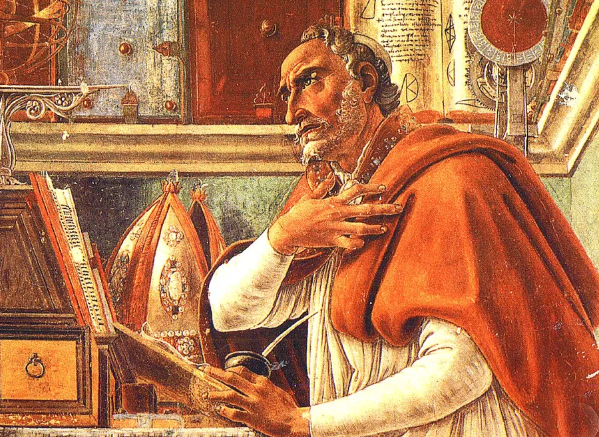Saint Augustine of Hippo: Doctrine and Influence
Saint Augustine of Hippo, one of the most influential theologians in Christian history, left an indelible mark on the development of Western thought and theology. His writings not only addressed pressing issues of his time but also laid the groundwork for future debates on faith, morality, and human nature. Understanding Augustine’s doctrine can provide valuable insights into both historical contexts and contemporary issues of spirituality and ethics.
The Doctrine of Original Sin
One of Augustine’s most significant contributions to Christian doctrine is the concept of original sin. He argued that humanity inherited a fallen nature from Adam and Eve, which taints all individuals from birth. This idea implies that humans are inclined toward sin and cannot achieve salvation through their efforts alone. Instead, Augustine emphasized the need for divine grace, a perspective that has shaped many Christian teachings. This doctrine has influenced not only theological debates but also how individuals understand the relationship between humanity and God.
The Role of Grace in Salvation
Augustine’s teachings on grace revolutionized the understanding of salvation. He asserted that it is only by God’s grace that humans can be saved, a concept that contrasts sharply with the Pelagian view that individuals could earn their way to heaven through good deeds. Augustine believed that God’s grace is freely given and indispensable, illustrating that salvation is more about divine intervention than human effort. This notion has resonated throughout church history, impacting Protestant Reformation leaders like Martin Luther and John Calvin, who drew heavily on Augustine’s writings to argue for the doctrine of salvation by grace alone.
Influence on Western Philosophy and Ethics
Beyond theology, Augustine’s ideas have deeply influenced Western philosophy and ethics. His exploration of topics like free will, the nature of time, and the problem of evil has inspired countless philosophers, theologians, and scholars. Augustine famously grappled with the question of evil, positing that it is not a created entity but rather a distortion or absence of good. This understanding has had lasting implications not only in theology but also in moral philosophy, shaping how we view ethical dilemmas and human behavior. His thoughts encourage a deeper exploration of morality, prompting individuals to consider the nature of good and evil in their lives.
In conclusion, Saint Augustine of Hippo’s doctrine and influence continue to resonate in contemporary discussions on faith, morality, and philosophy. His insights into human nature, the need for grace, and ethical considerations challenge us to reflect on our beliefs and actions. If you’re inspired by Augustine’s works, consider exploring his writings further or engaging in discussions about how his ideas shape our understanding of spirituality today.

